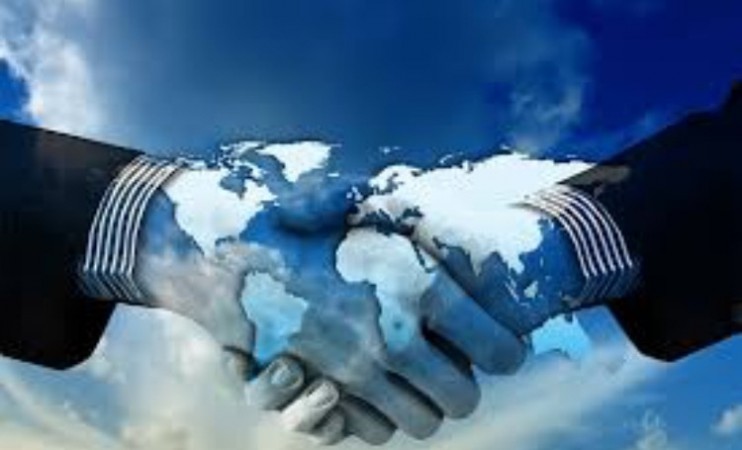
Russia's war on Ukraine, which began at the order of Russian President Vladimir Putin, has been continuing over five months, or 158 days as of writing this article. Russia, one of the world's largest military powers, is expected to occupy Ukraine and foist its puppet government within days of the Russian offensive in Kiev and Mariupol on the morning of February 24. However, Eastern Europe has become a hotbed of massacre, mass exodus, destruction and economic collapse, as in all other wars, as Ukraine has made strong use of available people and means to resist the unjust Russian invasion.
The continuing unresolved Russia-Ukraine conflict has led to major global food shortages, inflation and the economic crisis. It is utterly unfortunate that this unnecessary war is taking place as the world is slowly recovering from the devastation wrought by the Covid-19 pandemic that engulfed the entire human race in three waves. The economic restraint measures announced by the Indian Reserve Bank Governor Shaktikant Das last week and the unprecedented rise in prices of food grains, including wheat, are a testament to the detrimental effects of this war on India.
Russia and Ukraine are known as the "bread baskets" of the world, especially Europe. The bulk of the food grains required for global consumption and the fertilizers required for their production are exported from these Eastern European countries. This is where a quarter of the world's wheat production comes from. According to a census by the U.S. Food and Drug Administration's Foreign Agricultural Service (FAS), about 30 percent of the world's largest crop of wheat is exported from Russia and Ukraine.
According to the UN Food and Agriculture Organization (FAO), wheat is the staple food of at least 35 percent of the global population. About 50 countries rely heavily on Russia and Ukraine for their wheat for domestic consumption. Azerbaijan and Georgia import 80 percent of their wheat from Russia and Ukraine, while Turkey, Egypt, Bangladesh and Lebanon depend on these two countries for 60 percent of their wheat imports. In addition to wheat, Ukraine is the eighth largest producer of corn and the fourth largest exporter of the same in the world. It accounts for 16 per cent of global maize exports.
Ukraine is also the largest supplier of sunflower oil, one of the major refined oils used by most countries, including India. Russia is in the second place. Russia and Ukraine together produce about 60 percent of the sunflower oil needed for global consumption.
Prior to the Russian occupation, Ukraine had the capacity to export six million tons of wheat, barley and corn per month. It is estimated that in the eight months leading up to the war, about 50 million tons of grain were shipped through the Black Sea port alone. However, after the war, exports from both countries came to a standstill. This has led to unprecedented global food shortages, inflation and economic collapse. The crises that this has created in the consumer countries that depend on these countries are not insignificant.
All major ports in Ukraine are under Russian control and sanctions imposed on Russia by various countries and organizations have hampered exports from these countries. Tons of grains are being destroyed in Ukraine and Russia as various countries are terribly affected by the effects of food shortages and rising prices. Ukrainian officials say more than 20 million tons of grains are trapped in various warehouses and containers in Ukraine.
War is not an answer to anything. The history of wars paints only pictures of losses before us. Innocent civilians are the victims of every war that arises out of the arrogance of the rulers and wars are waged for the selfish interests of the regimes that try to dominate and control others. Such wars can do nothing but make human life on earth still more miserable than it usually is. Russia's occupation of Ukraine must end as soon as possible. Exports of food from there should be resumed immediately. This requires urgent, meaningful and genuine efforts beyond the dramas of so called diplomatic and politically correct performances under the auspices of international organizations, including the UNO.